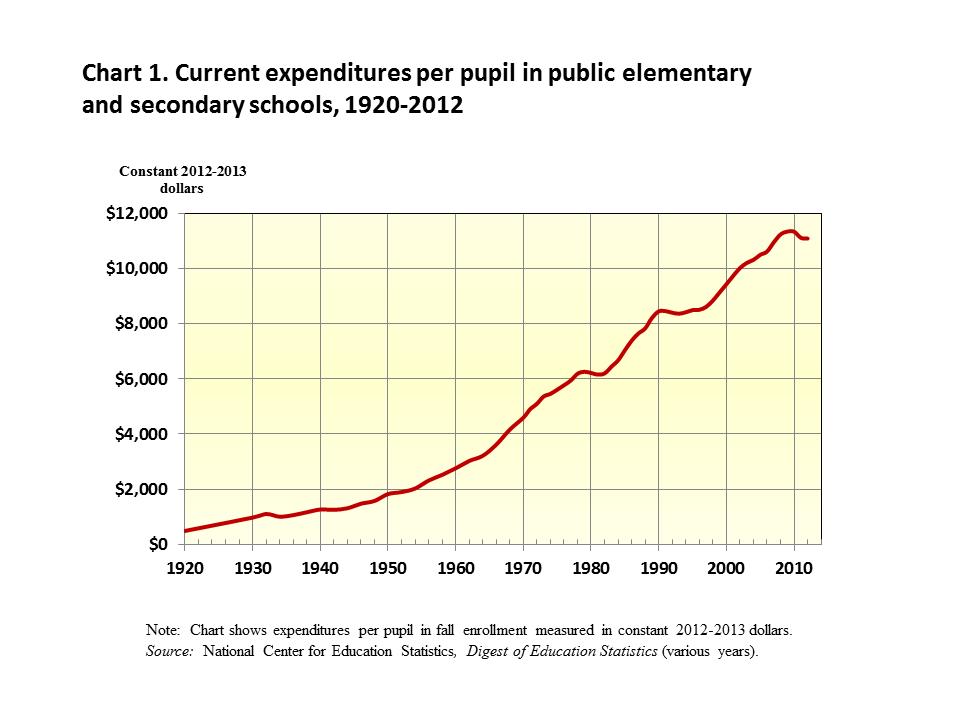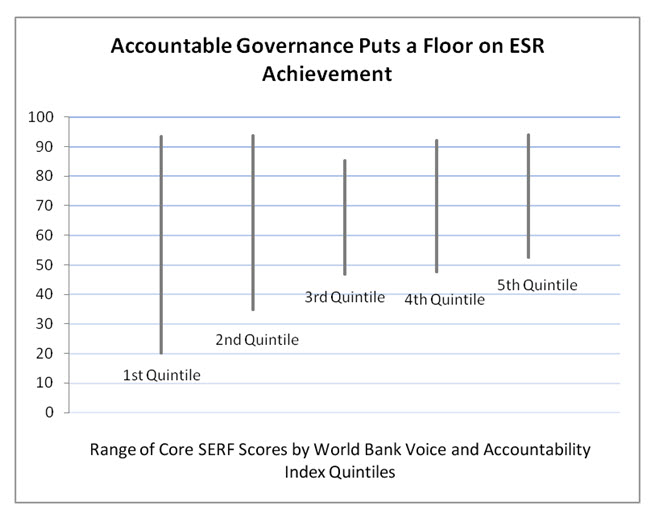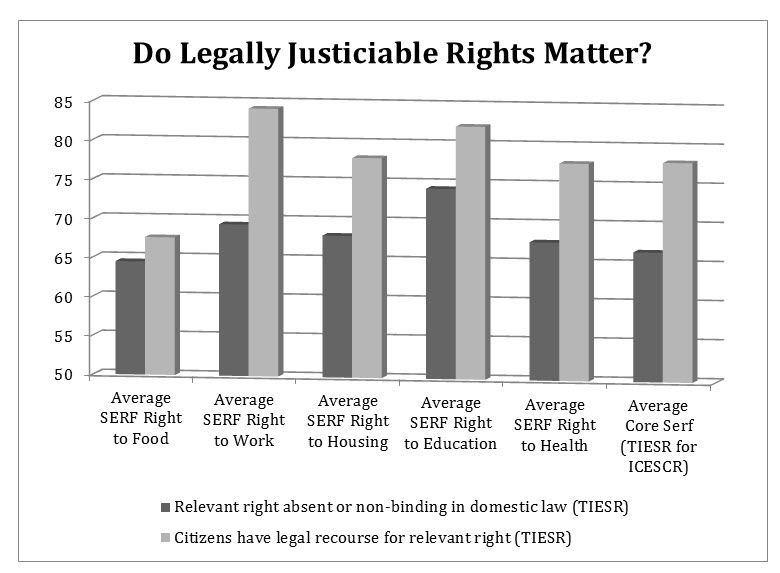Editor’s Note: This blog builds on findings detailed in an earlier blog, “Moving Beyond GDP in Measuring Social Progress.” Both discuss a new tool that measures social and economic rights performance around the world, as discussed in a forthcoming book from Oxford University Press, “
Fulfilling Social and Economic Rights
,” written by Sakiko Fukuda-Parr, Terra Lawson-Remer, and Susan Randolph.
What if instead of assessing the “success” of countries by the yardstick of per capita income and growth, we instead judge nations according to whether they translate available resources into expanded freedoms—the freedom for people to be and do the things they value, and to pursue meaningful lives with dignity?
The Social & Economic Rights Fulfillment (SERF) Index rises to this challenge, using international human rights as the yardstick to evaluate the success and failings of States and the progress of humanity.
The SERF Index is a new and powerful tool to describe social and economic rights performance globally, but what can we learn from this new lens? Here I highlight country characteristics associated with strong versus weak performance in fulfilling social and economic rights obligations.
1. Gender equity is highly correlated with greater fulfillment of social and economic rights.
While improving gender equality is in itself a goal with clear, intrinsic value, it is also instrumental in the fulfillment of social and economic rights. Societies where women have equal access to basic rights like education and where women are empowered to make decisions affecting themselves and their families achieve higher fulfillment of social and economic rights for all members.

Notes: Gender Equality Index from Social Watch (2012). Core SERF scores from www.serfindex.org/data 2011 Update. Copyright: Oxford University Press (2015).
2. Democracy and government accountability are strongly correlated with fulfillment of social and economic rights.
While countries with low levels of democracy and accountability can sometimes do very well at fulfilling the social and economic rights of their citizens, they are actually much more likely to do poorly. In contrast, democracies and countries with more accountable governments almost invariably avoid the worst social and economic rights-related outcomes. The correlation between governance and ESRs reflects a rising “floor” on social and economic rights performance as governance improves.

Notes: Voice and Accountability scores range from approximately -2.5 to 2.5 (for our sample approximately -2 to 1.15), from the World Bank Worldwide Governance Indicators (2010). First quintile is most autocratic; Fifth quintile is most democratic. Core SERF scores from www.serfindex.org/data 2011 Update. Copyright: Oxford University Press (2015).
3. Signing international human rights treaties has no discernable positive impact on social and economic rights outcomes, but countries with legally enforceable rights guarantees in domestic law do perform better at fulfilling ESRs.
The data reveals that countries that sign global human rights covenants do not systematically perform better at fulfilling economic and social rights than those that do not sign. This is likely because the lack of binding enforcement mechanisms makes it easy for states to hide behind rhetoric and insincere commitments without fear of consequences. But domestic legal guarantees are indeed strongly related to economic and social rights performance. Correlation does not imply causation however, since it could be that the same countries that for other reasons are already more likely to pursue policies to fulfill social and economic rights are also more likely to enshrine those social contract commitments into law.

Notes: Relevant rights classification from Toronto Initiative for Social and Economic Rights (TIESR) (Jung 2010). First quintile is most autocratic; Fifth quintile is most democratic. Core SERF scores from www.serfindex.org/data 2011 Update. Copyright: Oxford University Press (2015).
The Brookings Institution is committed to quality, independence, and impact.
We are supported by a diverse array of funders. In line with our values and policies, each Brookings publication represents the sole views of its author(s).



Commentary
Three Things to Know About Human Rights and Social Progress
February 2, 2015